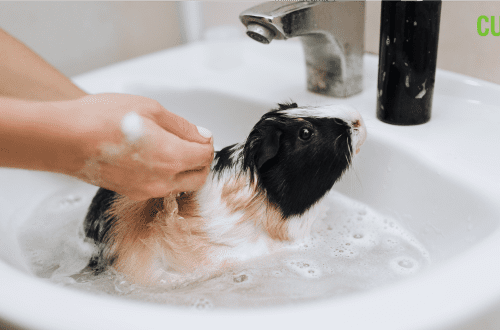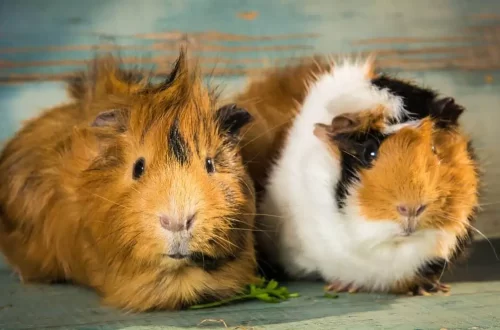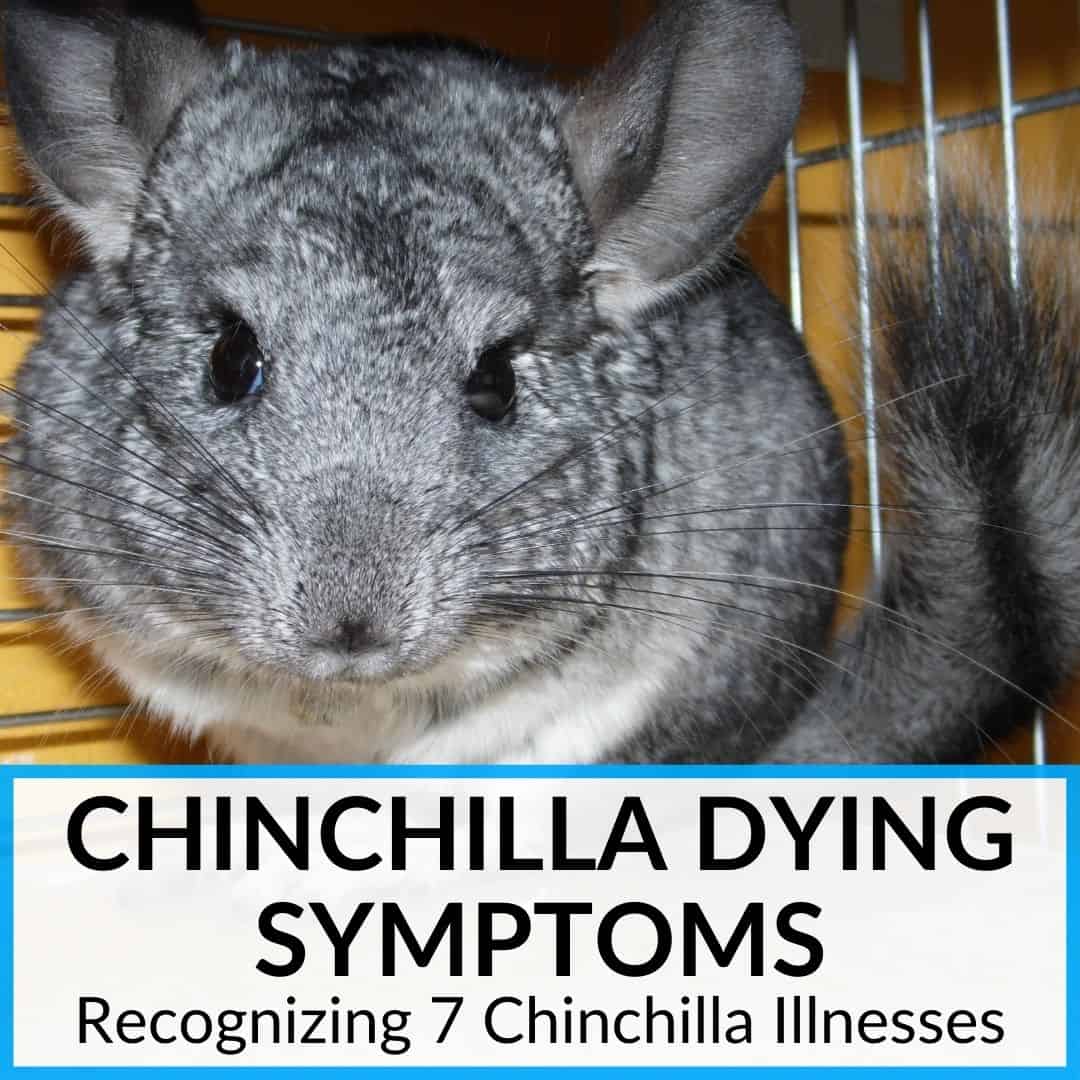
Maliu o le chinchilla: faʻafefea ona malamalama o loʻo mate se rodent ma faʻavae le mafuaʻaga
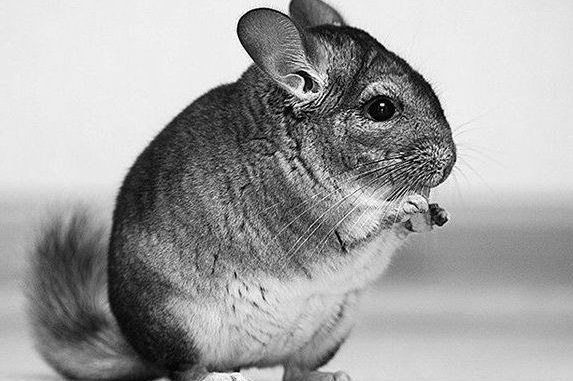
Chinchillas become family and favorite pets from the moment of acquiring an unusual rodent. Sometimes an absolutely healthy animal dies unexpectedly, which becomes a tragedy for all family members and the question arises, what can a chinchilla die at home from? Most often, the sudden death of a chinchilla can be caused by a violation of the conditions for feeding and keeping exotic animals, often chinchillas die from an advanced disease that has gone unnoticed by the owner of the animal.
Mataupu
Causes of death of a chinchilla
Why did the chinchilla die, can a chinchilla die from stress, heat stroke or poisoning? Such questions are most often asked only by inexperienced owners, through whose fault the death of funny animals occurs. At home, the unexpected death of a beloved pet occurs for the following reasons.
meafaigatā
A very common cause of unexpected death of an exotic animal.
Chinchillas are very emotional rodents, sometimes as a result of a strong fright, an instant cardiac arrest occurs.
A stressful situation for a tender pet can be:
- sharp sound;
- harassment from other larger pets or children;
- change of scenery, especially for adults;
- falling from height;
- careless handling or scream of the owner.
Chinchillas must be kept in a quiet, calm room, protecting pets from stressful situations.
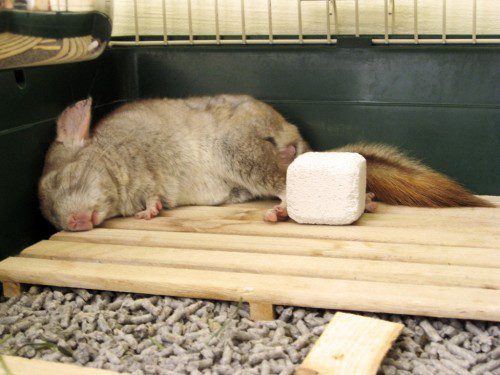
Fa'avevela
The air temperature in the room where chinchillas are kept, above +25 degrees, is deadly for South American rodents.
The optimum temperature for the animals is 18-20 degrees Celsius with a relative humidity of 60%.
Owners of furry rodents need to cool the room with air conditioners and humidify the air with humidifiers or atomizers.
Video: how to protect a chinchilla from heat stroke
Totoina
The death of a small pet can occur due to bloating of the stomach or intestines, which occurs when a chinchilla eats spoiled hay, fresh grass, cabbage, a large number of apples, carrots, or drinking poor-quality water. Fermentation begins in the gastrointestinal tract, the accumulated gases inflate the wall of the intestine or stomach, the pathology is accompanied by severe pain, in the absence of help, the animal may die. In case of bloating, it is urgent to give the fluffy pet a drink with carminatives and massage the abdomen.
Faʻatau
A very common cause of death of pets in the free range of animals. Chinchilla can be poisoned by table salt, houseplants, household chemicals, spoiled food and hay. Intoxication is accompanied by diarrhea, vomiting, salivation, loss of coordination and convulsions. The owner needs to do a gastric lavage and an enema as soon as possible, sometimes death occurs instantly.
ta
The cause of sudden death of a chinchilla can be a stroke from severe fright, head injury, poisoning, temperature drop, lack of B vitamins. In case of a stroke, the chinchilla falls on its side, paralysis of the hind legs, salivation are observed, after a seizure, injections of dexamethasone and traumatine should be given as soon as possible go to a veterinary clinic.
mālūlū
When keeping chinchillas in drafts, the animals get sick with a cold, which occurs with a high body temperature.
When the body temperature rises above 39 degrees, the animal dies.
Colds are accompanied by discharge from the nose and eyes, weakness, refusal to feed. The treatment of the disease is prescribed by a veterinarian, the animal needs to take antibacterial drugs, rosehip syrup and symptomatic medications.
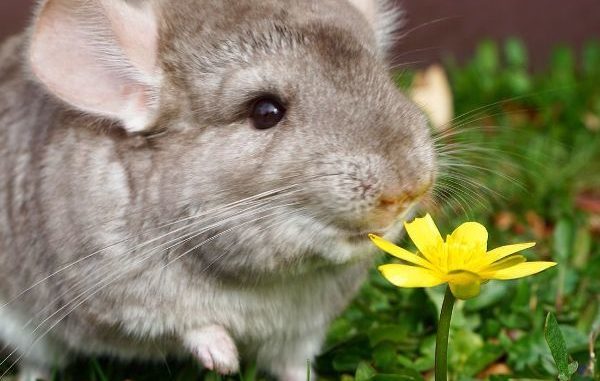
How does a chinchilla die?
The owner of an unusual rodent needs to be very attentive to his beloved pets, to know the character and usual behavior of a cheerful animal in order to help his little friend in time. A healthy animal is distinguished by activity, shiny dry eyes, the animal enjoys its favorite treats and responds to the caress of the owner. The owner can understand that the chinchilla is dying by the characteristic symptoms:
- violation of coordination of movement, the chinchilla walks unevenly or falls on its side;
- the animal refuses food, water and favorite treats,
- the pet sits in a hunched position, breathing heavily and often;
- oppression, lethargy, lack of response to the owner;
- faʻateleina le fia moe;
- tete;
- eyes are dull;
- chinchilla can squeak loudly.
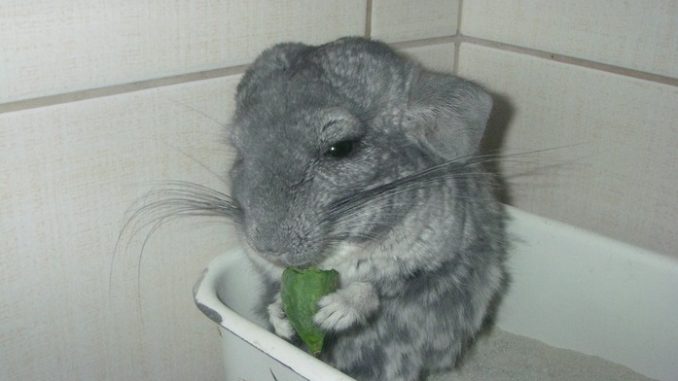
With such symptoms, it is urgent to call a veterinarian at home. Before the arrival of the doctor:
- You can take it in your arms and warm your furry friend.
- Give the animal an intramuscular injection of desamethasone, prednisolone, or glucose.
- Try to feed a little animal a raisin and create a calm atmosphere.
In case of overheating, it is necessary to place the pet in a cool room, avoiding hypothermia from drafts.
Small pets pay dearly for the mistakes of their owners. The sight of a dead chinchilla is a heavy shock for loving owners. Therefore, before starting a South American rodent, it is necessary to carefully understand the physiology of chinchillas, the rules of keeping and feeding. Love and take care of your wonderful animals, which, with proper care, will become your devoted friends for a long time.
Death of a chinchilla: how to find out the cause and help a dying pet
3.6 (72.95%) 227 palota




